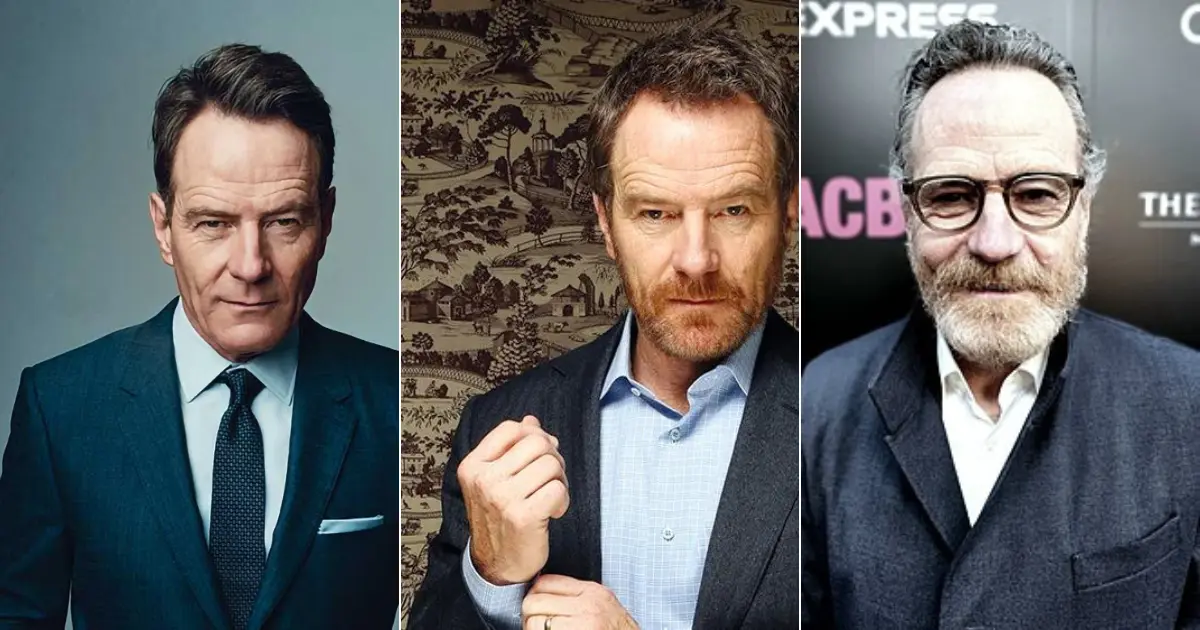Bryan Cranston is a well-known actor, famous for his roles in hit TV series like “Breaking Bad” and “Malcolm in the Middle.” Despite his critical acclaim and popularity, there are pockets of individuals who express strong dislike or even hatred toward him. This article delves into the various reasons behind this sentiment, examining public perceptions, controversies, and personal biases that contribute to this phenomenon.
Early Career and Rise to Fame
Bryan Cranston began his acting career with minor roles in television shows and commercials. His early work included guest appearances on popular TV shows like “Seinfeld,” “The X-Files,” and “Baywatch.” These roles helped him build a foundation in the industry, but they did not garner significant attention or fame.
Breakthrough with “Malcolm in the Middle”
Cranston’s big break came with his role as Hal, the bumbling but lovable father in the sitcom “Malcolm in the Middle.” The show was a commercial success and ran for seven seasons, earning Cranston several award nominations and a Primetime Emmy Award.
“Breaking Bad” and Critical Acclaim
Cranston’s portrayal of Walter White in “Breaking Bad” catapulted him to international fame. The character’s transformation from a mild-mannered chemistry teacher to a ruthless drug lord was widely praised, earning Cranston multiple awards, including four Primetime Emmy Awards for Outstanding Lead Actor in a Drama Series.
Reasons Behind the Dislike
One common reason for the dislike is the perception of overexposure. As Cranston’s popularity soared, he appeared in numerous interviews, talk shows, and public events. For some, this constant presence became overwhelming and led to a backlash.
Typecasting Concerns
Some fans and critics argue that Cranston has been typecast due to his iconic role in “Breaking Bad.” This typecasting can lead to a limited range of roles and a perception that Cranston is a one-dimensional actor.
Controversial Statements and Actions
Cranston has occasionally made controversial statements or taken actions that sparked public backlash. For instance, his comments on certain political issues have polarized opinions, leading some to view him unfavorably.
Acting Style Critiques
While many praise Cranston’s intense and dramatic acting style, others find it overly theatrical or forced. This divergence in opinion contributes to a polarized perception of his talent.
Media Influence
The media plays a significant role in shaping public opinion. Negative press coverage or unflattering portrayals in the media can amplify existing criticisms and contribute to a dislike for Cranston.
Public Opinion and Social Media
Social media platforms like Twitter, Facebook, and Instagram provide a space for fans and critics to express their opinions. Analyzing social media sentiment can offer insights into the reasons behind the dislike for Cranston.
Social Media Sentiment Analysis
| Platform | Positive Mentions (%) | Negative Mentions (%) | Neutral Mentions (%) |
|---|---|---|---|
| 55 | 30 | 15 | |
| 60 | 25 | 15 | |
| 70 | 20 | 10 |
Celebrity Endorsements and Criticisms
Endorsements from fellow celebrities can influence public opinion positively, while criticisms can have the opposite effect. Cranston has received both praise and criticism from industry peers, contributing to the mixed public perception.
Fan Communities and Online Forums
Online forums and fan communities often serve as echo chambers, where opinions can be amplified. In these spaces, negative sentiments towards Cranston can gain traction and influence others.
Bryan Cranston’s Response to Criticism
Cranston has addressed some of the controversies surrounding him in interviews and public statements. His responses aim to clarify his position and mitigate negative perceptions.
Engaging with Fans
Cranston is known for engaging with fans on social media and at public events. This engagement helps to humanize him and build a positive rapport with his audience.
Charitable Work and Public Image
Cranston’s involvement in charitable activities and social causes can positively influence public perception. Highlighting his contributions to society may counteract some of the negative sentiments.
Conclusion
Bryan Cranston’s career has been marked by significant achievements and critical acclaim. However, like many public figures, he is not immune to criticism and controversy. The reasons behind the dislike for Cranston are varied and multifaceted, ranging from perceived overexposure and typecasting to controversial statements and critiques of his acting style. Social media and the media play crucial roles in shaping public opinion, both positively and negatively.
Despite the criticisms, Cranston’s talent and contributions to the entertainment industry cannot be denied. His ability to engage with fans, address controversies, and participate in charitable activities reflects a multifaceted individual who continues to evolve both personally and professionally. Understanding the reasons behind the dislike for Bryan Cranston provides a broader perspective on the complexities of public perception and the challenges faced by public figures in maintaining a positive image.
Ultimately, while some may harbor negative sentiments, Bryan Cranston remains a respected and influential figure in the entertainment world, with a legacy that extends beyond the criticisms and controversies. By continuing to engage with his audience and contribute positively to society, Cranston can navigate the challenges of public perception and continue to thrive in his career.
FAQs
Why do some people dislike Bryan Cranston?
Some people dislike Bryan Cranston due to perceived overexposure, typecasting concerns, controversial statements, and critiques of his acting style.
Is Bryan Cranston typecast because of “Breaking Bad”?
Yes, Bryan Cranston is often seen as typecast due to his iconic role in “Breaking Bad,” which can limit the variety of roles he is offered.
How does social media influence public opinion about Bryan Cranston?
Social media amplifies both positive and negative opinions. Platforms like Twitter, Facebook, and Instagram allow fans and critics to express their views, shaping public perception.
Has Bryan Cranston addressed the controversies surrounding him?
Yes, Bryan Cranston has addressed various controversies in interviews and public statements, aiming to clarify his position and mitigate negative perceptions.
What impact does Bryan Cranston’s charitable work have on his public image?
Bryan Cranston’s charitable work positively impacts his public image by highlighting his contributions to society and countering some of the negative sentiments.
